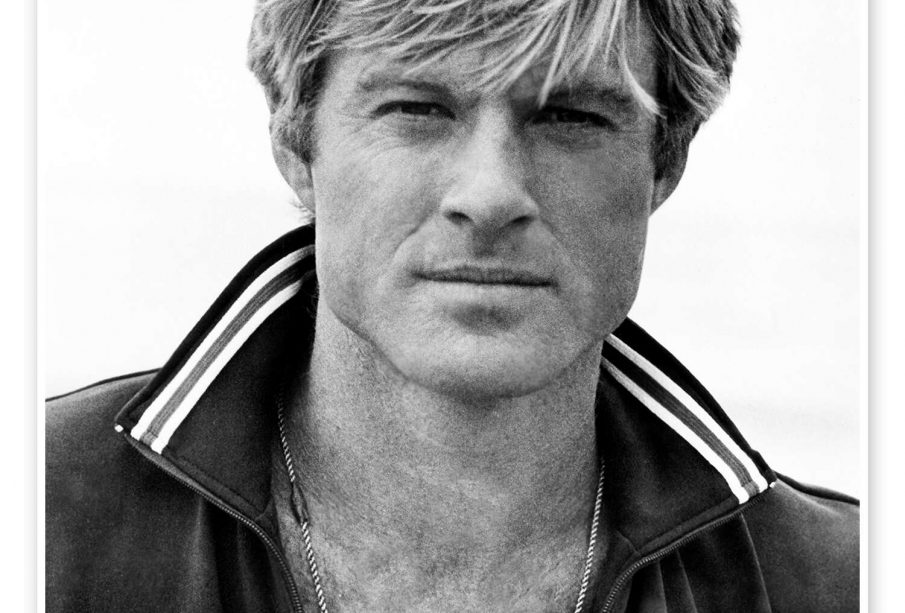The Enduring Legacy of Robert Redford in Hollywood

Introduction
Robert Redford is a name that resonates deeply in Hollywood and beyond, representing not just an era of classic film but also a new wave of independent cinema. His journey from a promising young actor to an influential director and producer reflects his significant contributions to the film industry, making him a pivotal figure that underscores the evolution of American cinema. The relevance of Redford’s work is amplified in the context of contemporary discussions about storytelling, artistic integrity, and the nature of fame.
A Storied Career
Born on August 18, 1936, in Santa Monica, California, Robert Redford’s career began in the 1950s with television roles before he transitioned into films. His breakout role came in the 1967 classic ‘Barefoot in the Park’. However, it was ‘Butch Cassidy and the Sundance Kid’ (1969) that solidified his status as a leading man. Over the next two decades, Redford starred in numerous notable films, including ‘The Sting’ (1973), ‘All the President’s Men’ (1976), and ‘Ordinary People’ (1980), the latter of which won the Academy Award for Best Picture.
Multi-faceted Contributions
In addition to his impressive acting credentials, Redford’s influence extends into directing and producing. He established the Sundance Film Festival in 1978, providing a platform for independent filmmakers to showcase their work. This festival has become a cornerstone of the film industry and has helped launch numerous successful careers, emphasizing Redford’s commitment to promoting artistic expression. His directorial works, such as ‘A River Runs Through It’ (1992) and ‘The Horse Whisperer’ (1998), have earned critical acclaim and further cemented his legacy.
A Voice for Environmental Issues
Beyond filmmaking, Redford has been an outspoken advocate for environmental issues. He founded the Redford Center, which aims to inspire environmental solutions through film and media. His commitment to conservation and sustainable living has made him not only a cultural icon but also a respected voice in environmental activism.
Conclusion
The significance of Robert Redford’s contributions to film and societal issues cannot be understated. His unique blend of artistry and activism serves as an inspiration for generations of filmmakers and actors to come. As Hollywood continues to evolve, Redford’s enduring legacy reminds us of the power of cinema as both an art form and a catalyst for change. As new filmmakers emerge, they carry forward the spirit of independence and creativity that Redford championed, forever altering the landscape of American and global cinema.









